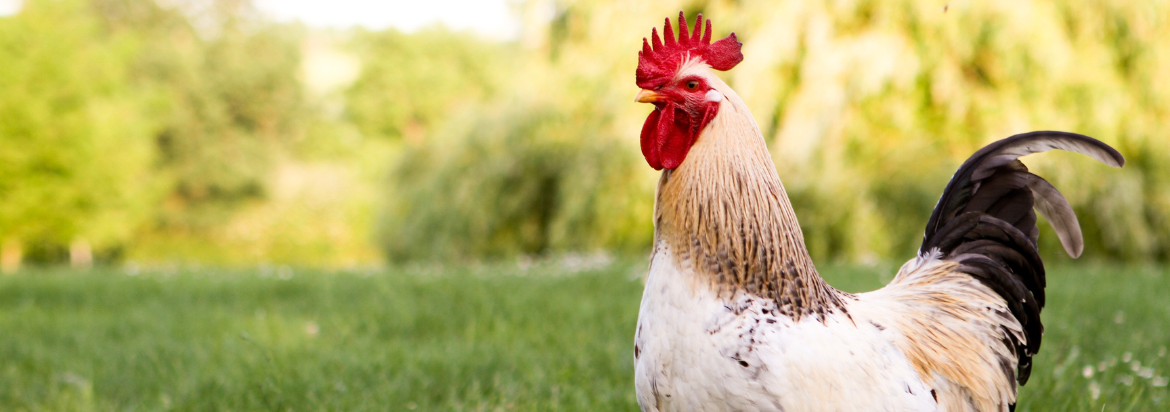Be on the alert for avian influenza
The risk of avian influenza transmission from animals to humans remains low.
Avian influenza – also known as “bird flu” – is a disease caused by a type of flu virus that mostly affects birds. However, it can sometimes spread to people and other animals. Since 2022, a strong strain of bird flu called H5N1 has been found in many parts of the world, including in wild birds and farm chickens across North America. Cases increase as infected wild bird populations migrate and can infect domestic birds, including poultry and local wild birds.
Avian influenza has also infected animals including cats, dairy cows and sea mammals. In rare cases, people have become sick. However, to date human-to-human transmission of H5 avian influenza has not been observed.
The burden of avian influenza can change year-to-year and updated information is available from federal and provincial dashboards.
The risk of avian influenza transmission from animals to humans remains low, but in rare cases humans have become infected after contact with infected animals or their environments. The first positive human case of H5 avian influenza was detected in B.C. in fall 2024.
Additionally, avian influenza outbreaks represent a risk to food security when poultry must be culled. A combined infection (co-infection) of seasonal and avian influenza also creates the chance for a new and more infectious virus.
Key steps:
Please review the steps below to stay safe regarding avian influenza. Guidance is also available from the BCCDC – including its How Can I Protect Myself resource – and the Government of British Columbia.
General
- Stay up to date on all immunizations, especially the seasonal flu vaccine. This will not prevent avian influenza, but it can limit the chance of co-infection with both human and avian influenza viruses.
- People who work with influenza-susceptible animals – including poultry, dairy and swine industry workers – should get the seasonal flu vaccine every year.
- A vaccine that protects against avian influenza is available free in B.C. for people at higher risk. See the Avian Influenza Vaccine page for more information.
- Avoid touching sick or dead birds and animals or their droppings and environments. Do not bring sick wild animals into your home.
- Never handle ill or dead animals that have died of unknown causes without proper personal protective equipment (PPE). Supervise and remind children and young people about this guidance. Protect yourself against infection and prevent the virus from spreading.
- Limit exposure to poultry farms or bird markets.
Food Safety
- Wash your hands regularly with soap and water, including after touching uncooked poultry.
- Do not eat raw or undercooked poultry products.
- Avoid eating/drinking unpasteurized milk or unpasteurized dairy products.
Key contacts – birds / wildlife / pets
Report dead or sick domestic birds to your nearest Canadian Food Inspection Agency office:
Farmers / hunters / foragers
- Farmers and backyard chicken keepers should know the signs of avian influenza and keep their birds isolated from wild birds or other bird owners. Learn more about how to protect your flock.
- Hunters and foragers can take simple precautions when harvesting wild game birds or their eggs this fall. Note that freezing alone does not kill the virus.
- One Welfare: Mental health resources for those who have lost animals to avian influenza (also includes additional general resources and Animal Health Centre contact details).




